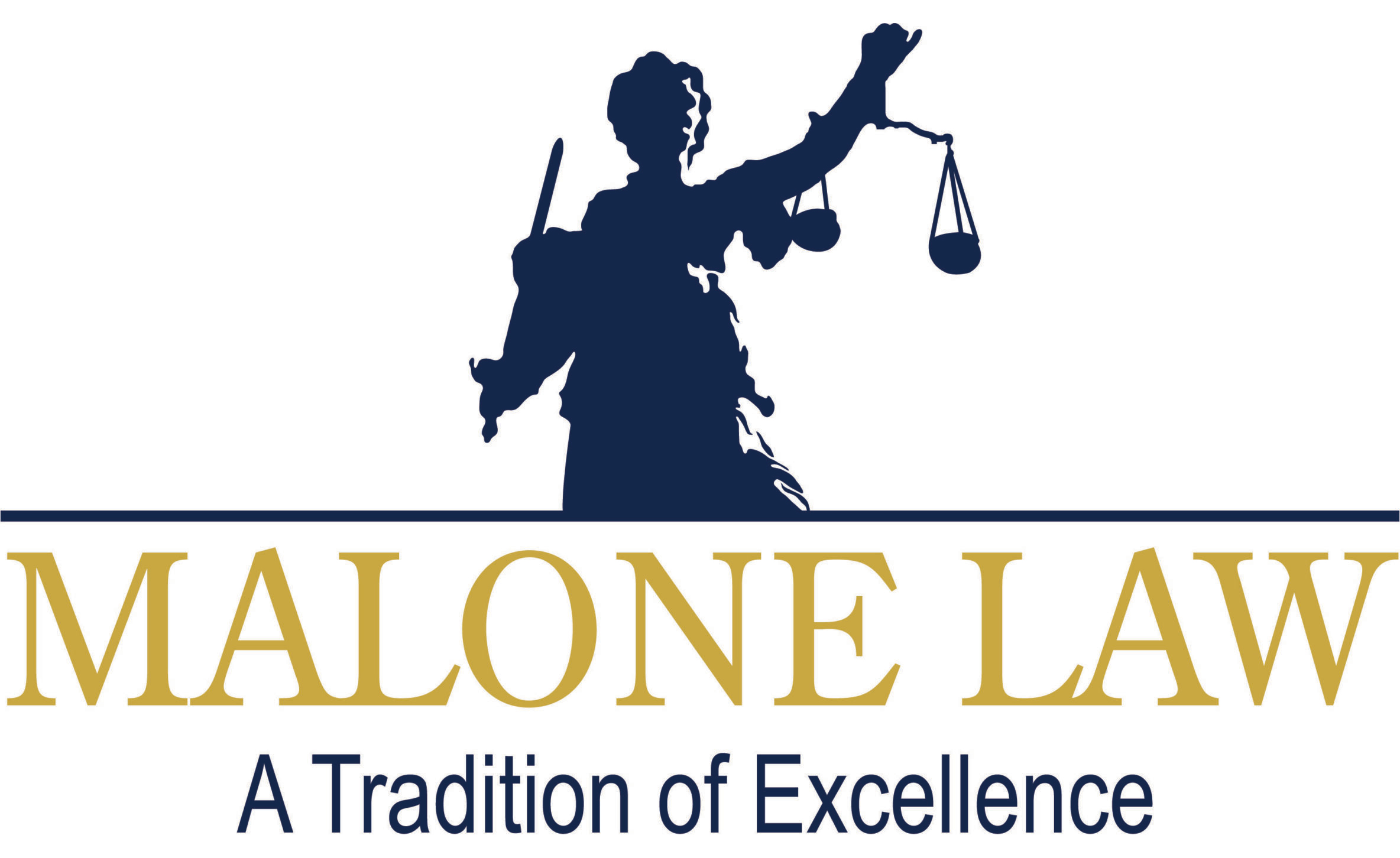
According to the Forbes Advisor article, “Medical Malpractice Statistics of 2024,” medical mistakes cause 251,000 deaths a year in the United States. After cancer and heart disease, medical malpractice results in 9.5% of all fatalities, making it the third leading cause of death in America.
Fortunately, the law remedies wrongful conduct. Personal injury claims allow victims of medical negligence to pursue compensation for their physical, mental, and emotional losses; however, they must prove the medical provider’s substandard care caused their injuries. Additionally, when malpractice is the cause of death, the patient’s loved ones pursue a wrongful death claim against the negligent provider.
If your illness or injuries worsened after receiving medical care, you may have a medical malpractice claim. Reach out to an experienced medical malpractice lawyer in Atlanta for a case evaluation.
1. Diagnostic Errors
Misdiagnosis is an incorrect or missing explanation of a patient’s health condition. Approximately one-third of all medical malpractice cases result from misdiagnosis, which can cause a patient severe harm, including permanent injury or death.
Delayed diagnosis or failure to diagnose is when a medical provider does not recognize a condition from a patient’s symptoms, including failing to investigate patient symptoms, order tests, or refer them to a specialist.
Misdiagnosis or delayed diagnosis leads to the wrong treatment, prescriptions, and tests, which means worsening and additional damage. By the time a physician discovers the mistake and makes the correct diagnosis, the illness or injury could be more difficult to treat. Thus, the physician’s error costs the patient prolonged treatment, pain, and injury. A delay could mean death when prompt treatment improves the odds of patient survival.
2. Failure to Treat
A patient can receive the right diagnosis, but no follow up for treatment nor post-operative care. Prematurely discharging a hospital patient is also a failure to treat. In other words, a medical provider neglects to treat the patient within the standard practices for patient care. Medical experts can verify the standard of care expected of a patient with your condition.
3. Medication Errors
Medication or pharmaceutical drug mistakes are common when patients do not get the right medicine due to physician or pharmacist error. For example, a doctor writes the wrong prescription or forgets to ask about other medications the patient takes. A drug interaction could make medication ineffective or cause adverse reactions.
Taking the wrong prescription drug can delay treatment, making the patient’s condition harder to treat, and taking the wrong dosage can cause harm. A doctor who does not review the patient’s vitals and medical history may prescribe the wrong medication or the wrong dosage. When a woman is pregnant, the wrong drug prescription can lead to birth defects.
4. Childbirth Injuries
Medical malpractice stemming from childbirth includes the following:
- Substandard prenatal care
- Failure to inform parents of genetic defects
- Misuse of birth assistance devices such as forceps or vacuum extractors
- Poor preparation for birth complications
- Failure to monitor the fetus during labor
- Failure to perform a timely cesarean section
- Dropping or otherwise mishandling a newborn
Many of these negligent acts result in babies with shoulder dystocia, nerve damage, paralysis, spinal cord injuries, brain damage, and cerebral palsy. Inexcusable errors harm children before, during, and after birth.
5. Surgical or Procedural Errors
Surgeons make costly mistakes when they perform the wrong procedure, perform the right procedure on the wrong body part, or perform the right procedure on the wrong patient. Unnecessary surgery can increase the risk of infection, blood clots, and needless suffering.
Sometimes, surgeons mistakenly damage nearby nerves, tissues, or organs. Such errors could lead to death. Unsterilized medical equipment and forgotten equipment inside a patient also cause prolonged medical care with additional surgeries and illnesses.
While all surgeries have risks, infection being one of them, a surgeon has the duty to inform patients of those risks before performing surgery. Otherwise, they face malpractice when something goes wrong.
6. Anesthesia Errors
During surgery, an anesthesia error can cause brain damage or death. The error may be omitted or incomplete pre-op patient preparation. Afterward, the anesthesiologist must choose the right medication and dosage and then monitor the anesthesia effects and patient vitals. Inadequate job performance is medical malpractice.
7. Errors in Infection Prevention and Treatment
Hospital hygienic practices are crucial to infection prevention. An unsanitary hospital environment, namely, unsterilized tools and equipment, could lead to patient infections. Also, monitoring a patient’s incision site for infection may be malpractice.
Unsafe hospital conditions and incorrect infection treatment can lead to severe illness and an extended hospital stay.
8. Communication Errors
Miscommunication results in hurt patients when information breakdowns occur between medical staff and patients or between medical staff and departments. So, when a lab technician does not inform a physician of a patient’s tests or when no protocols ensure patient information in phone calls or records reach the doctor, serious errors may result.
It is also malpractice when medical providers do not inform or obtain a patient’s consent for a procedure.
Get the Help You Need With Your Medical Malpractice Claim
Medical malpractice injuries can be devastating when a trusted medical provider hurts you. Contact an experienced and dedicated medical malpractice attorney for the support and guidance you need.
Contact the Atlanta Medical Malpractice Law Firm of Malone Law Medical Malpractice and Severe Injury Lawyers for Help Today With Your Claim
You should hire an experienced lawyer to help you navigate a Georgia medical malpractice case. You’re going to need someone with extensive skills and long working relationships with quality expert witnesses. Many Atlanta medical malpractice attorneys offer free case consultations, so reach out today to discuss your legal options.
If you or a close one have suffered from medical malpractice in Atlanta, Georgia, please call Malone Law Medical Malpractice and Severe Injury Lawyers at (770) 390-7550 or contact us online to schedule a free case evaluation today.
We proudly serve in Fulton County.
Malone Law Medical Malpractice and Severe Injury Lawyers
2 Ravinia Dr NE Suite 300
Atlanta, GA 30346

